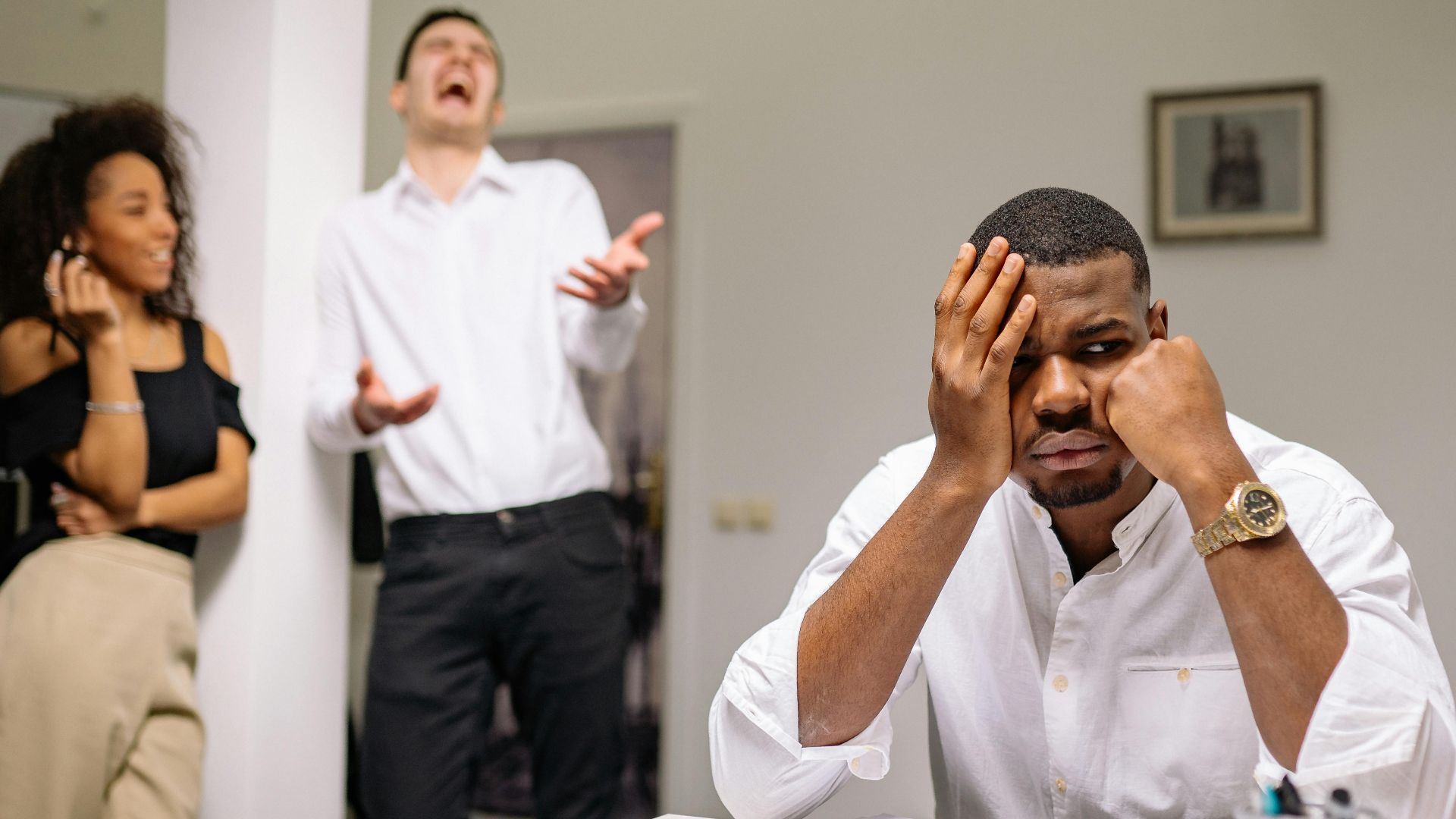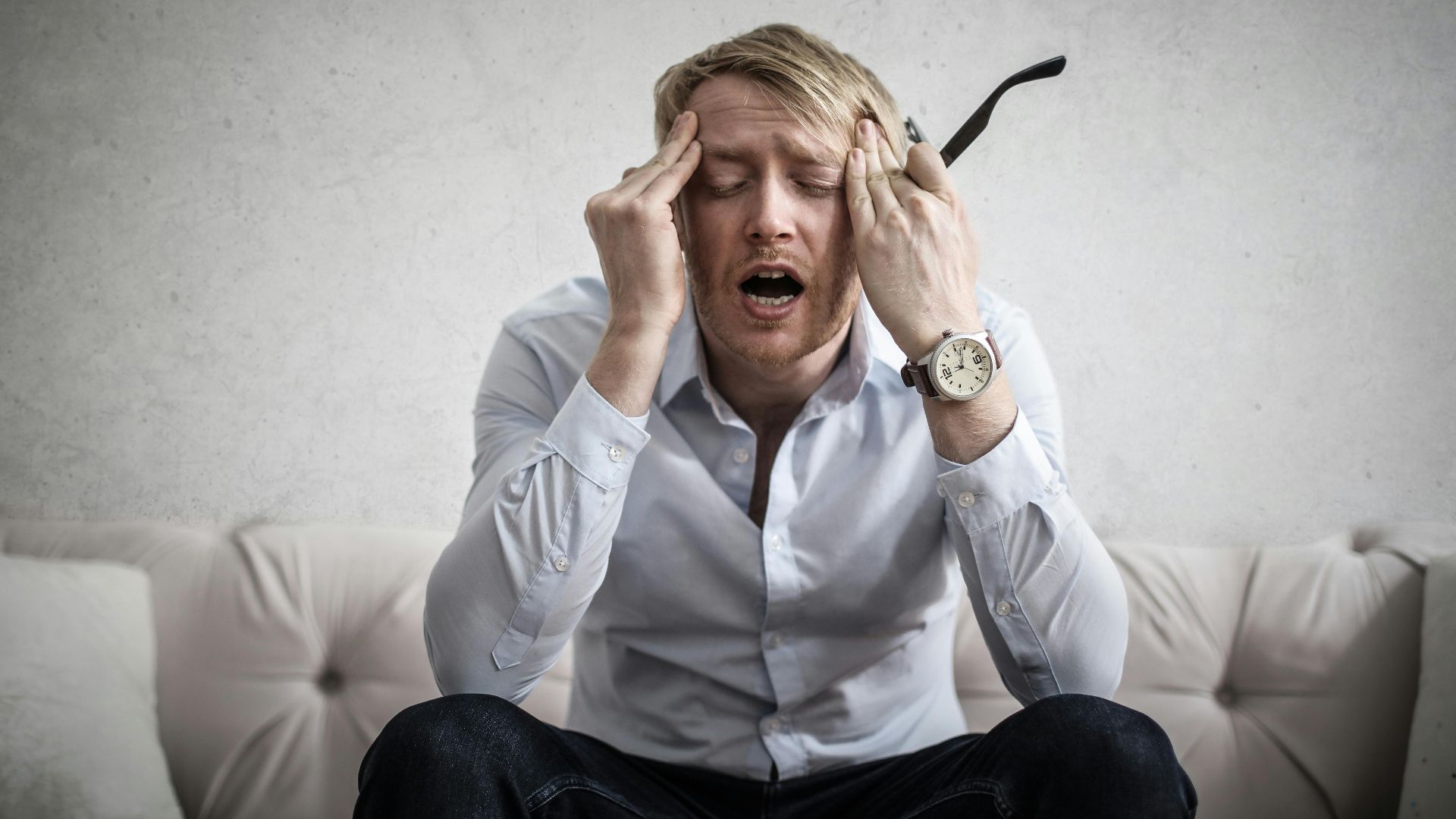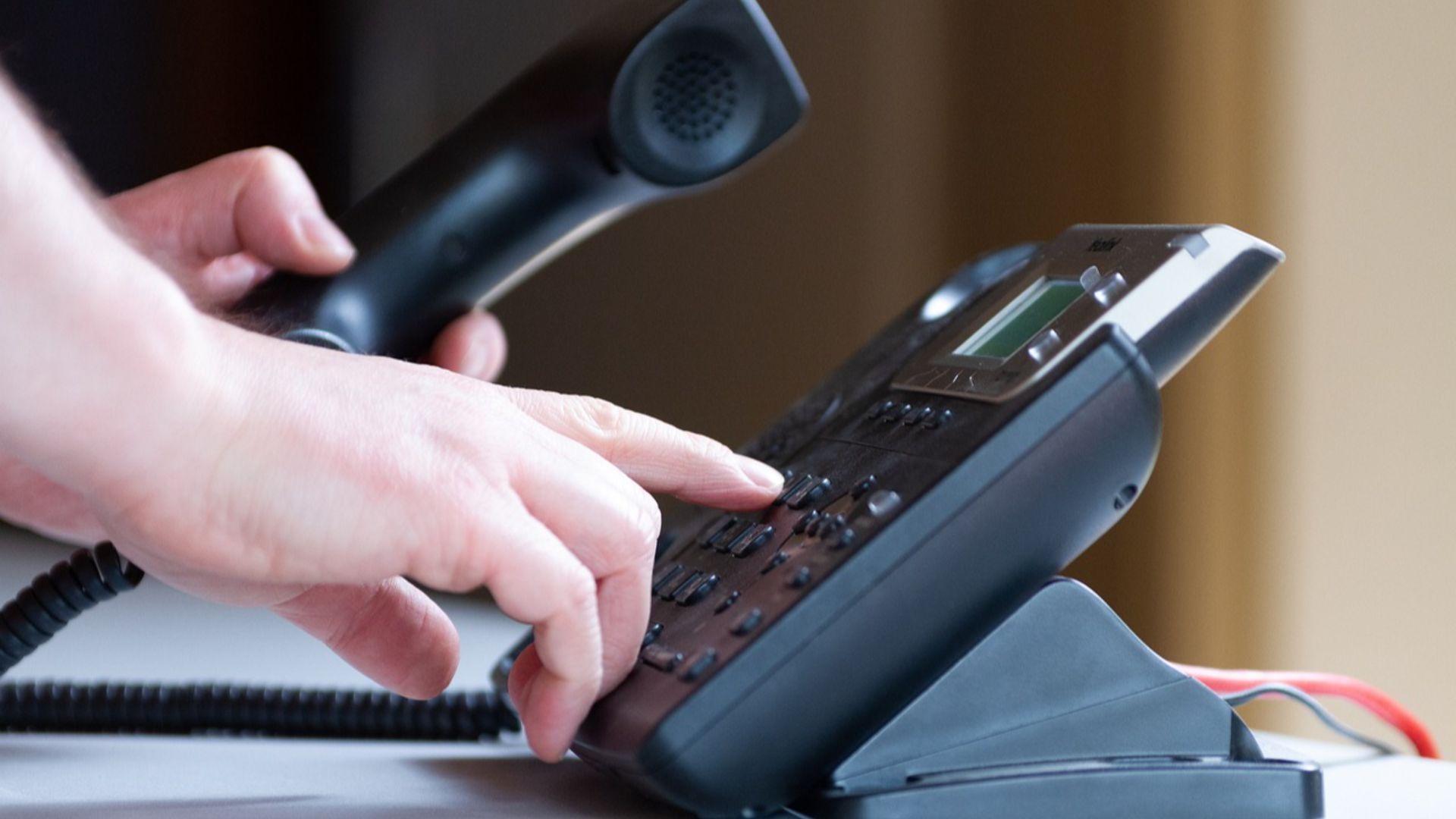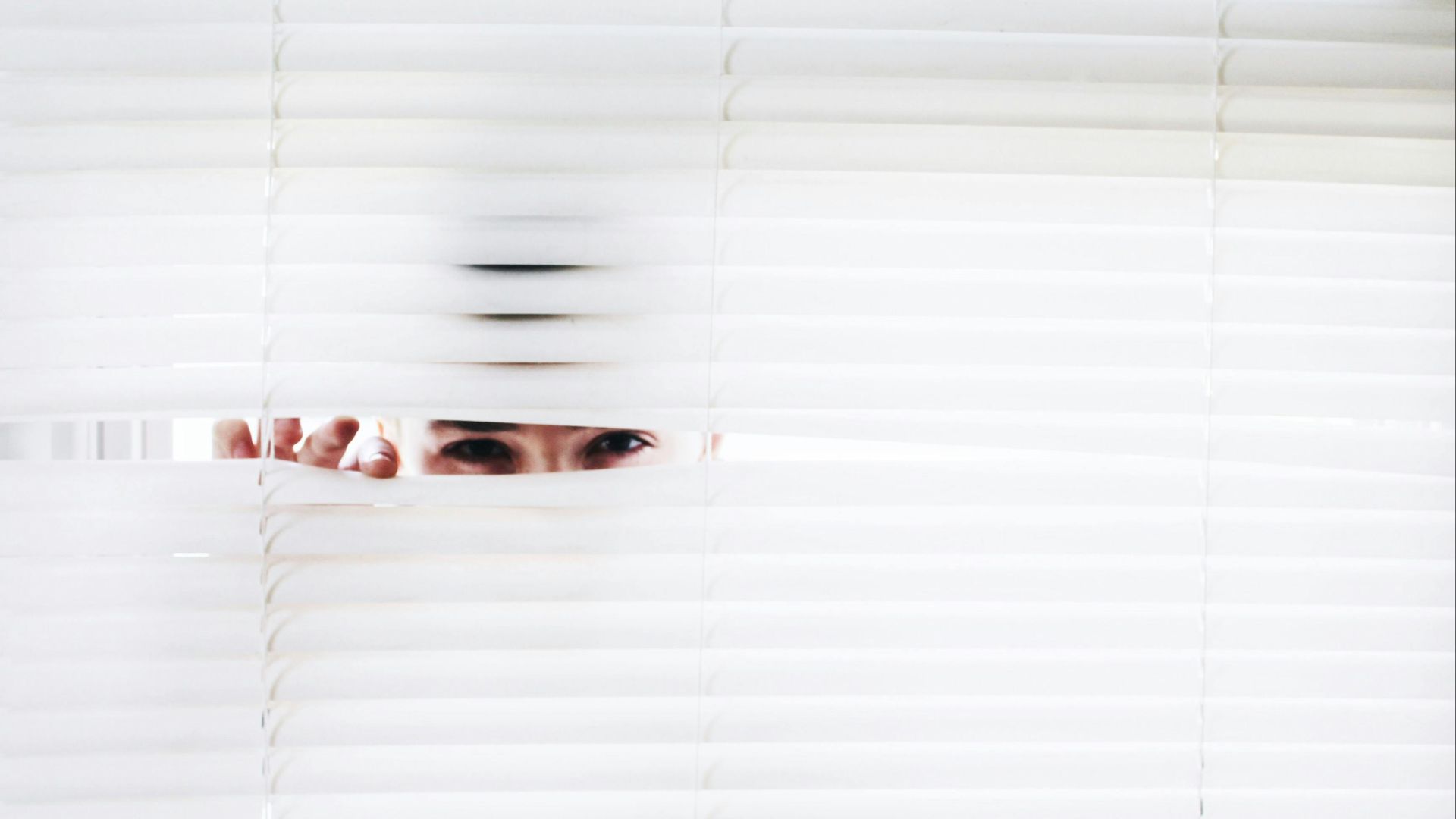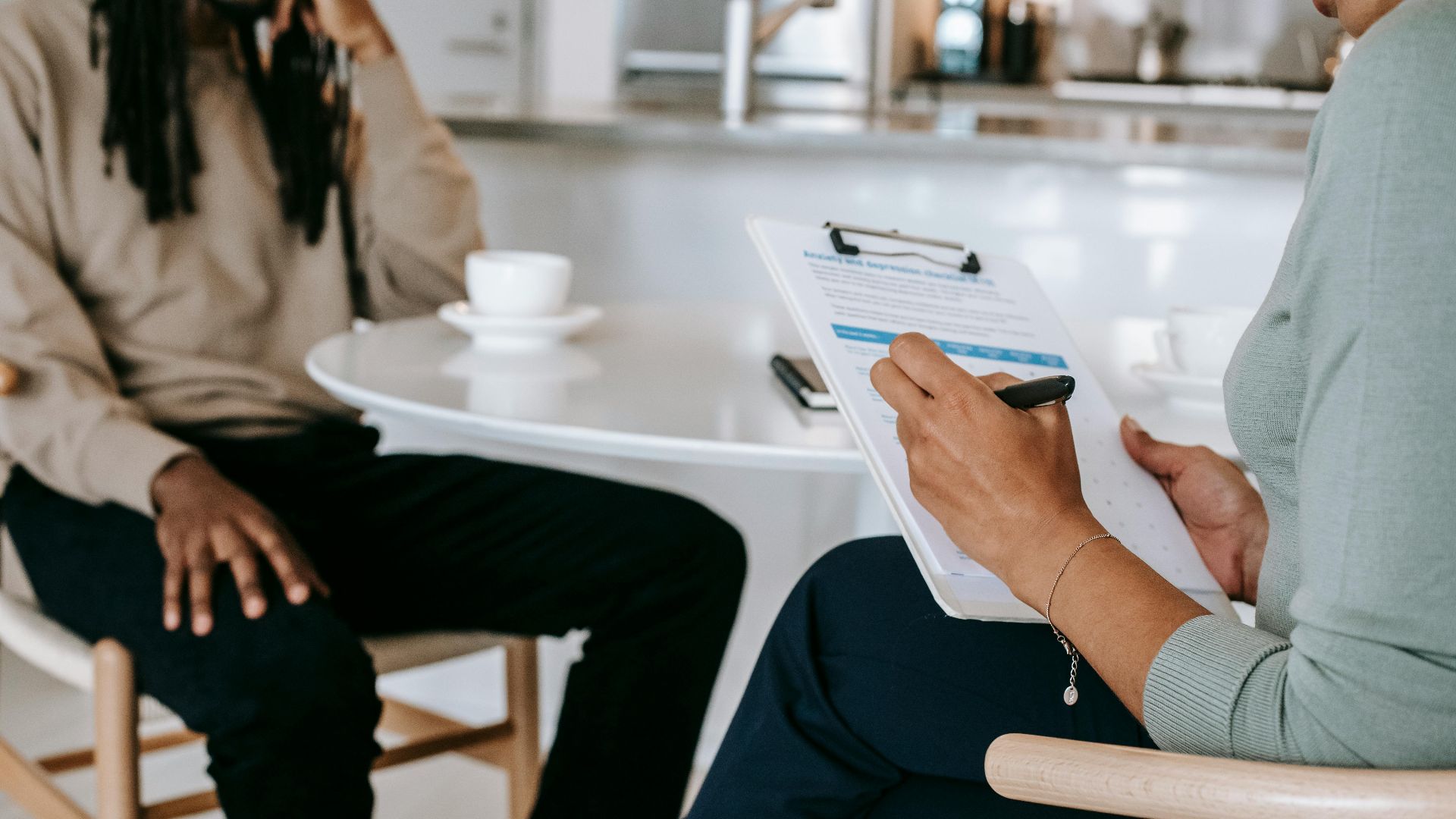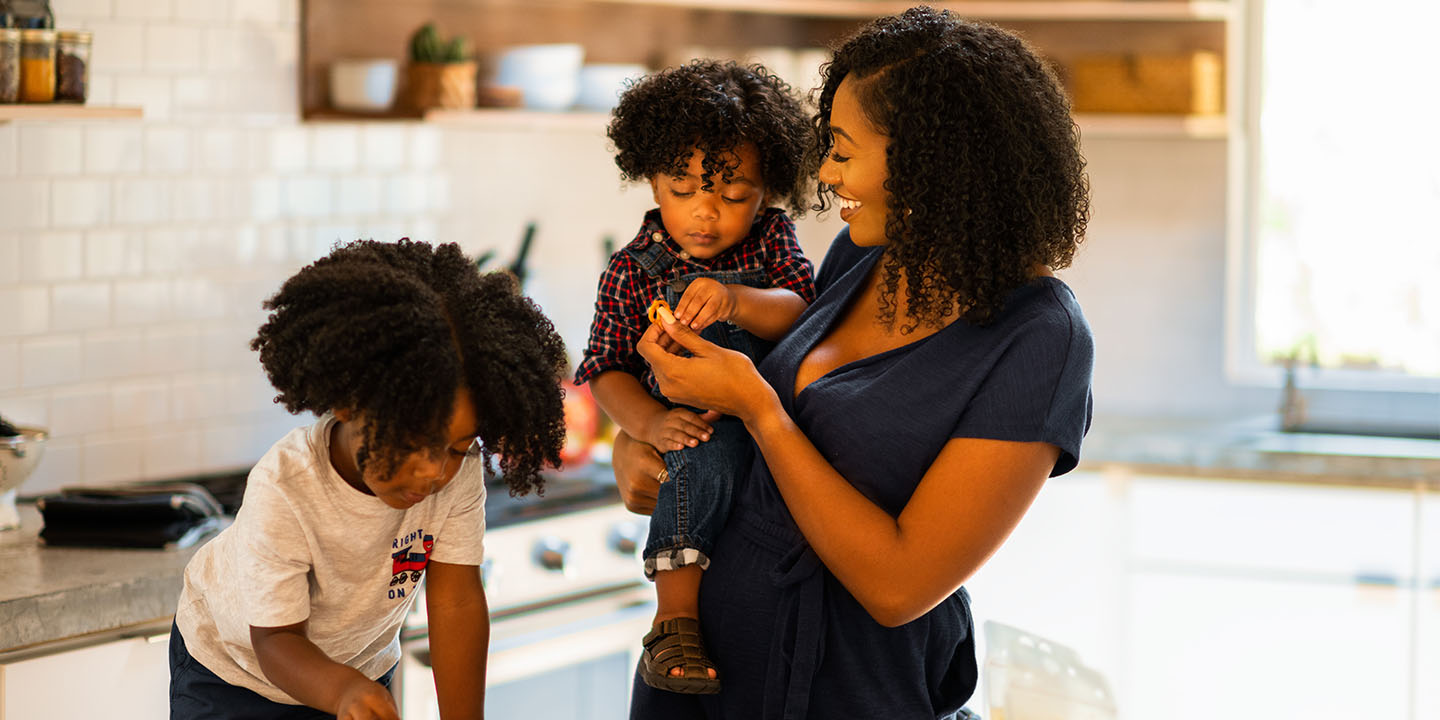Surviving Social Situations
When you have social anxiety, you constantly fear going to events where lots of people are involved. Having this phobia makes it difficult to meet new people, ask for help, or even feel comfortable in public spaces. If you're wondering whether you might have social anxiety, here are 10 key signs to look out for—and 10 ways to overcome it.
1. Terrified of Meeting New People
When you have social anxiety, you're terrified of meeting new people or interacting with people. Since, if you already feel awkward around the crowd you do know, how much more awkward would it be to converse with a total stranger? You might also assume they don't want to meet you as well.
2. Avoid Social Events and Situations
It's not just talking to strangers that ramps up your nerves and anxiety—any social event or situation makes you want to crawl into a hole. You avoid it like the flu, overcome with thoughts of embarrassing yourself or not knowing the "right" thing to say in conversations.
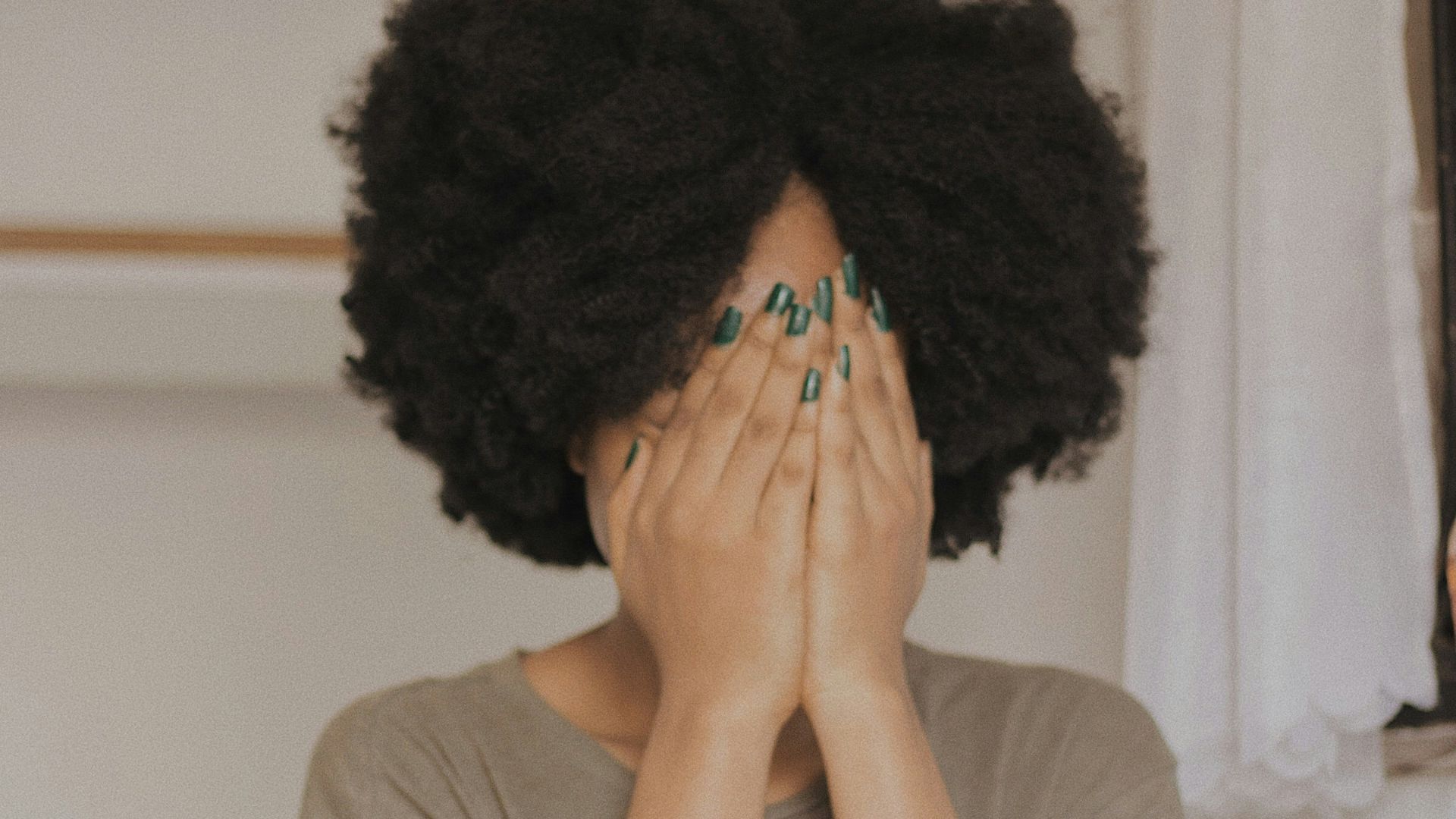 Baptista Ime James on Unsplash
Baptista Ime James on Unsplash
3. Avoid Asking for Help
It could be as simple as asking the server for some more water or an extra thing of ketchup, or letting them know they actually got your order wrong. Either way, you're not doing it. You'd rather just stick with what you're given than ask for help, because you're non-confrontational and you don't want them to possibly get cross with you.
4. Won't Date
You have a million excuses at the ready for why you're not dating, or you continue to put it off. But deep down, you're worried about the mechanics of meeting someone new to date. What if you look weird? What if you act weird? What if you're so awkward, they get up and leave? These thoughts are so distressing, that you push the idea aside.
5. Refuse to Raise Your Hand or Talk In Front of Crowds
You dread it whenever your class or a work meeting requires participation marks. While public speaking is a common fear and source of anxiety for people, when coupled with social anxiety, it amplifies the fear tenfold. You're not just nervous about stuttering or forgetting what to say—you're also scared of how the crowd will react to your mistakes.
6. Avoid Phone Calls
Phone calls are the worst if you have social anxiety. It's bad enough when someone randomly calls you, but it's infinitely worse when you're the one who has to make the call. After all, you're terrified of how others will perceive you—the way you speak, the way you phrase things—and it doesn't help that you can't see their expressions over the phone.
7. Stumbling Over Words
Sometimes, you stumble over your words so often that you wish you had a script for every conversation. Plus, whenever you stutter or mispronounce something, you instantly feel like you're going to get called out for it and be laughed at.
8. Think Others are Judging or Watching You
We mentioned this already, but it's worth repeating. When you have social anxiety, you constantly think and believe that others are secretly watching or judging you. This is why you feel awkward walking down a street, using mass transit, shopping alone, or in any other public situation.
9. Don't Have Many Friends—If At All
When you're constantly isolating yourself because you fear interacting with others, you're bound to not make many friends. And whenever your friends do ask you to go out, you make excuses, thinking you'll only embarrass yourself or that you don't look good enough to be out in public.
10. Constantly Analyzing Your "Performance" in Social Settings
After—or during—every social event or setting, you'll scrutinize and run a feedback loop of everything you said or did. Maybe 20 minutes ago, you accidentally said "how you are" instead of "how are you," and you wonder if everyone else is still laughing at your error. Even though it's likely no one even noticed or is thinking about it anymore, your mind is still stuck on how well you "performed."
These are some common signs of social anxiety. For ways to overcome it, read on for 10 tips.
1. Go to a Coffee Shop
Whether or not going to a coffee shop makes you anxious, pick a favorite spot and go there. It's important to start small, even if it's as simple as walking into a cafe and telling the barista your order. You'll soon realize that the more often you do it, the less awkward you'll feel.
2. Create an Exposure Hierarchy
Don't stop at just going to coffee shops. After all, if you want to try out exposure therapy, you'll have to continually push yourself outside your comfort zone. To do this, create an exposure hierarchy. Start with activities and situations that cause little to no anxiety, then slowly work your way toward the ones that get you more panicked. Reflect after every event and check in on how you feel.
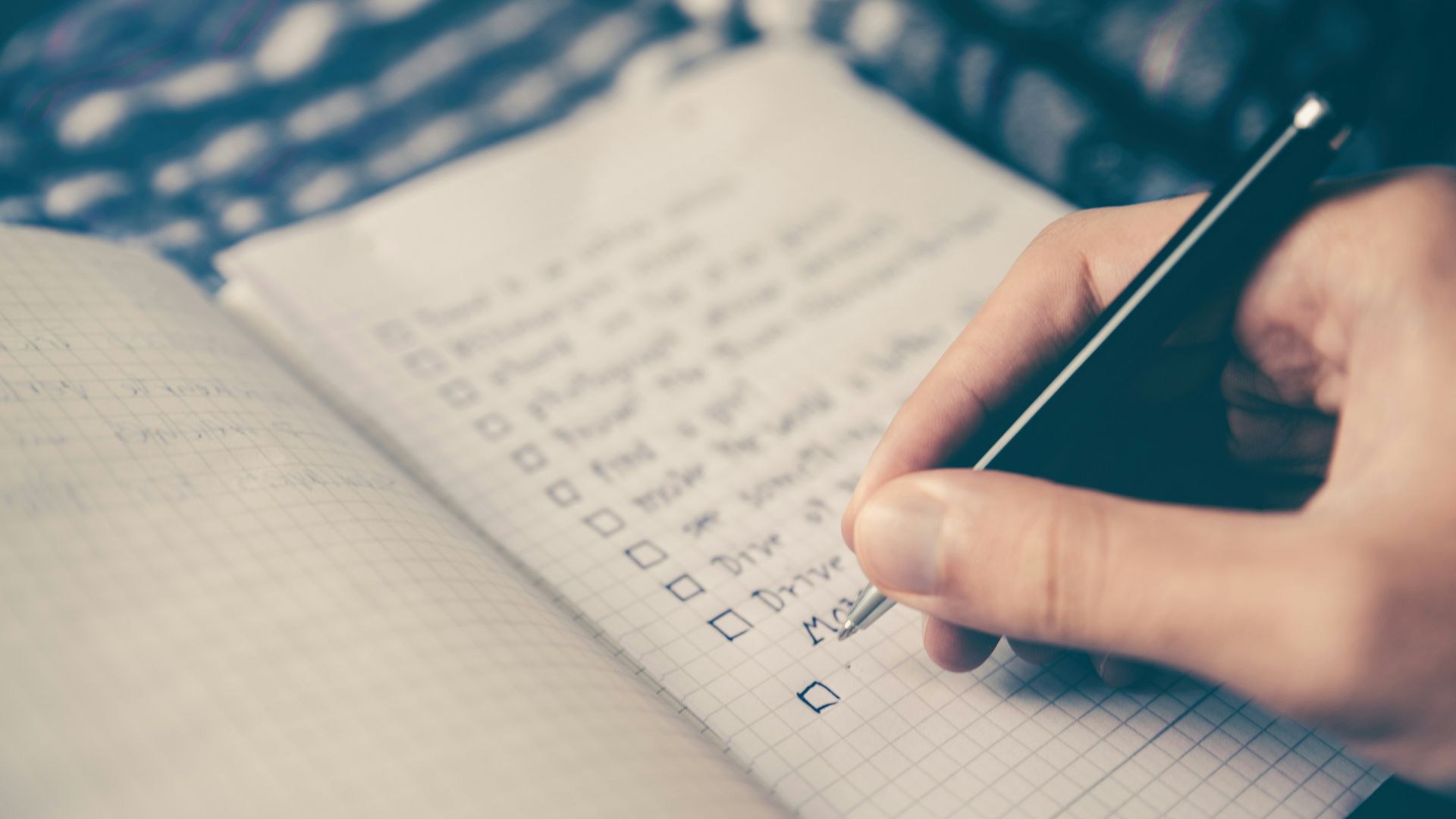 Glenn Carstens-Peters on Unsplash
Glenn Carstens-Peters on Unsplash
3. Counter Negative Self-Talk
Every time you get that nagging voice in your brain that talks down to you or criticizes your every word or move, counter it by asking why you should think that way. For example, if your brain tells you that stuttering during a phone call makes you sound foolish, counter it by asking why stuttering should be considered bad or foolish-looking. After all, people stutter all the time; half the time, you don't even notice.
4. Ask a Friend
If embarking on your journey of overcoming social anxiety seems too daunting in the beginning, reach out to a friend for extra support. Having someone you trust will help you feel more comfortable and safe in social situations. Just be sure to not always only rely on them or tell them to speak for you.
5. Talk—Even If Your Voice Shakes
Whether it's asking for more water at a restaurant or presenting in front of your coworkers, don't let your anxiety control you. Even if your voice shakes, stutters, stumbles, or pauses, talk. Don't focus on how others might react to you and your small blips; just concentrate on getting your words out and saying what you need to say.
6. Identify Triggers
It may also help to identify and keep track of what triggers you. Maybe you only feel anxious in certain situations, like when meeting new people or when speaking publicly. Taking note of the specifics—situation, time, place, and symptoms—could allow you to better revise your goals and address your anxiety.
7. Try Breathing Strategies
Whenever you feel anxious or panicked, take a deep breath in. The physical symptoms that come with anxiety, like sweating, rapid heart rate, trembling, and dizziness, often further exacerbate the feeling and make you feel like you're losing control. Instead of focusing on what brought on the panic, concentrate on grounding techniques: inhale for four seconds, hold for four, then exhale for eight.
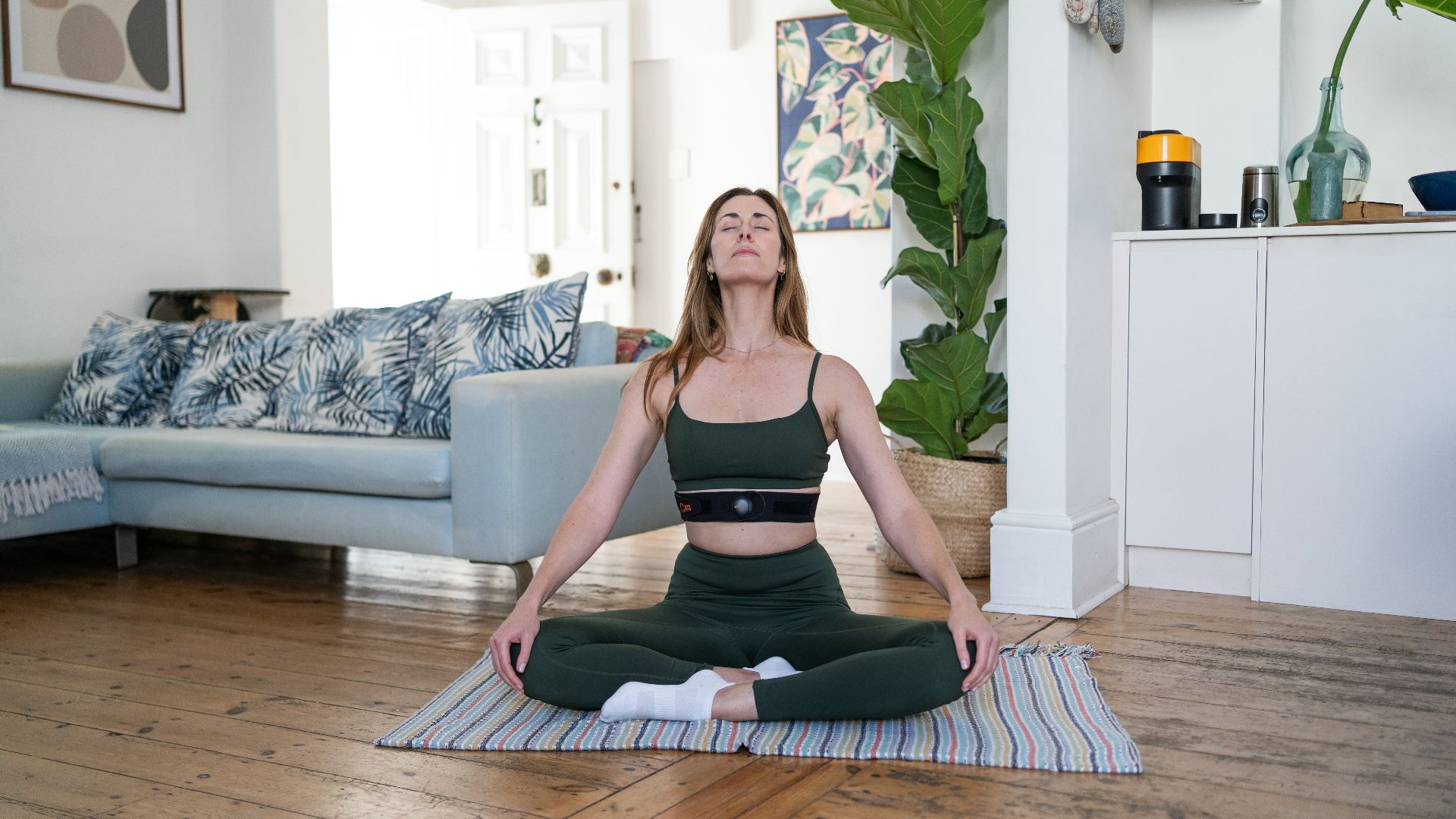 Angelina Sarycheva on Unsplash
Angelina Sarycheva on Unsplash
8. Constantly Challenge Yourself
Remember: you won't see progress unless you constantly challenge yourself. If you made an exposure hierarchy, continue following it. Occasionally, try to see if you can push yourself further, such as saying "yes" to more invitations to social events.
9. Change Your Perspective
Since social anxiety often stems from the distressing thought of being judged by others, try to switch your perspective. Whenever you think people are thinking negatively of you as you go about your day, tell yourself that maybe they're thinking the same, and wonder if you are judging them. Most of the time, we're so worried about ourselves, we don't notice (or care) what others are doing.
10. Talk to a Therapist
If your anxiety gets too overwhelming to handle, reach out to a therapist. They can help you better sort out your thoughts, identify negative thinking patterns, and provide treatment plans that are more suited for you. They can also help you develop skills so you're more confident handling social situations.


